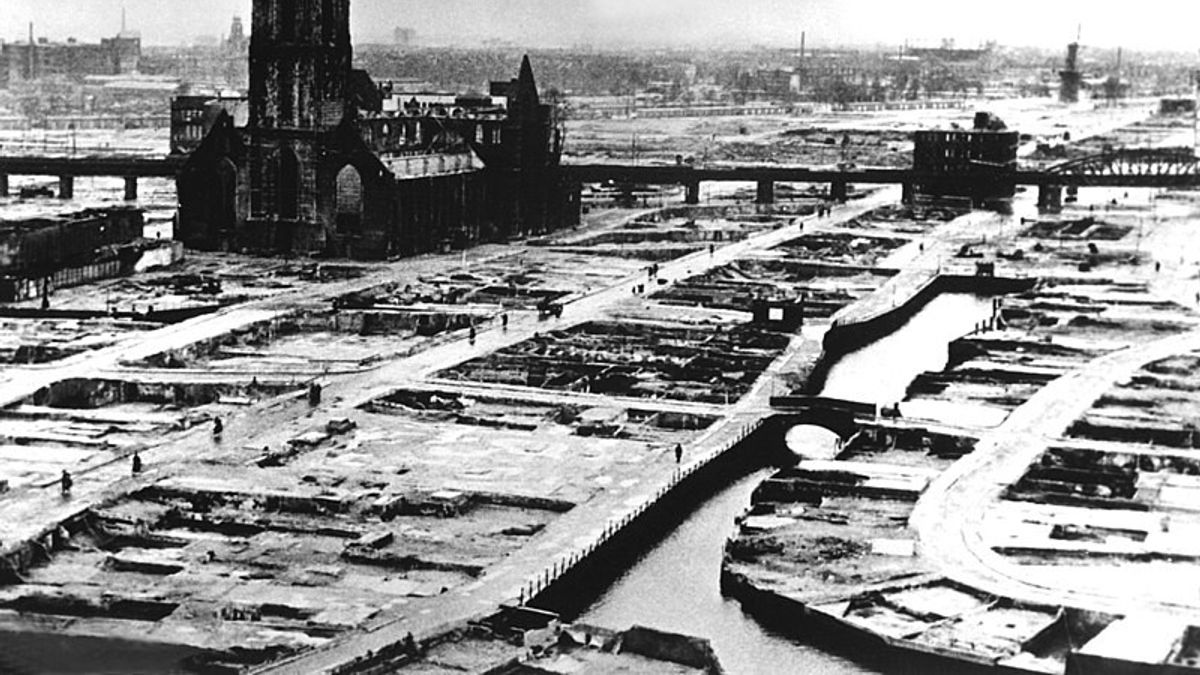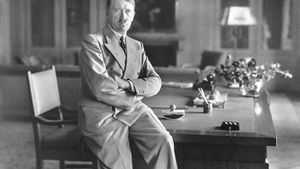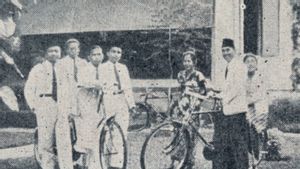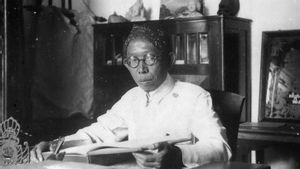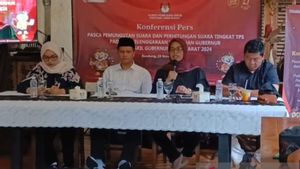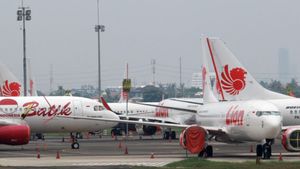JAKARTA - The history of World War II today, 82 years ago, May 10, 1940, Nazi Germany invaded the Netherlands. The raid was carried out on direct orders from the great leader of Nazi Germany, Adolf Hitler. The goal is clear. Hitler wanted to make it easier for Germany to encircle France.
The Dutch conquest was a fixed price. The spell was successful. The Queen of the Netherlands, Wilhelmina chose to flee to England when her country was attacked. The Dutch in the archipelago were panicking. The fate of the colony is also much in question.
World War II brought deep sorrow to all people throughout the country. The conflict was not only exhausting, but also a deep cry for those who were defeated by the onslaught of modern fleets and weapons. Holland for example. The Land of the Windmills may have chosen neutrality in World War II. However, Hitler thought otherwise.

He saw power over the Netherlands as a way of victory in conquering France. All power and effort are immediately done. Including developing an attack strategy. Everything was done so that the Dutch immediately fell to their knees in front of Nazi Germany. Moreover, Hitler himself did not want to waste a lot of time conquering a country that he considered weak in weapons and troops.
Nazi Germany also began to invade the Netherlands in the early hours of May 10, 1940. The attack made the Dutch government shrink. The threat of attack by Nazi German troops with full weapons became the estuary. Even in the midst of raging attacks, a group of Dutch cabinet officials chose to flee to England. Not only that, the great leader of the Netherlands, Queen Wilhelmina even participated in it.
The escape of the number one person in the Netherlands had a considerable impact. Even though Queen Wilhelmina continues to encourage her citizens from England. The effort clearly had no effect. The absence of a leader in the midst of the raging war affects the mentality of the struggle. As a result, the Netherlands can be controlled by Nazi Germany in a matter of a few days.

“In the early hours of May 10, 1940, Adolf Hitler sent his troops to attack the neutral Netherlands to encircle France. On 14 May, under threat of attack by German paratroopers and panzers supported by the Luftwaffe (German air force), the Queen of the Netherlands and the cabinet of Prime Minister Dirk Jan de Geer fled to London."
“The next day, the Dutch army surrendered and was occupied by Nazi Germany after the terrible bombing that destroyed the city of Rotterdam. The fall of the Netherlands has created a big shock and question mark regarding the fate of its colonies, especially the Dutch East Indies which has a large natural resource,” said Nino Oktorino in the book Historical Conflict: The Collapse of the Dutch East Indies (2013).
Nazi Germany's landslide victory in conquering the Netherlands had a bad influence on the existence of the Dutch in the archipelago. This defeat caused a big shock, as well as a question mark regarding the future fate of the Dutch East Indies.
The Dutch were afraid that the effects of their defeat would actually lead to outbreaks of rebellion in the archipelago. Mainly from the natives. That assumption was wrong. It was precisely in the midst of the panic that the Japanese resistance became a serious threat to the Dutch East Indies. Japan was able to break the domination of Dutch colonialism in the Indies in 1942.

“Sultan Sjahrir signaled the rise of fascist regimes in Nazi Germany, Italy, and Japan. In China, Japan expanded to subdue the Chinese. In Central Europe, Hitler continued to annex conquered territories. The Second World War broke out, September 1939 with the invasion of the German army into Poland. The Netherlands was occupied by Nazi Germany on May 10, 1940.”
“The situation in the Dutch East Indies is shaky, just waiting for the military invasion of Dai Nippon. The Japanese attack on the US Navy base, Pearl Harbor in Hawaii, December 8, 1941, led to the outbreak of the Pacific War,” concluded Rosihan Anwar in the book Sutan Sjahrir (2011).
Nazi Germany's invasion of the Netherlands became an important historical record of World War II May 10, 1940.
VOIR éGALEMENT:
The English, Chinese, Japanese, Arabic, and French versions are automatically generated by the AI. So there may still be inaccuracies in translating, please always see Indonesian as our main language. (system supported by DigitalSiber.id)
